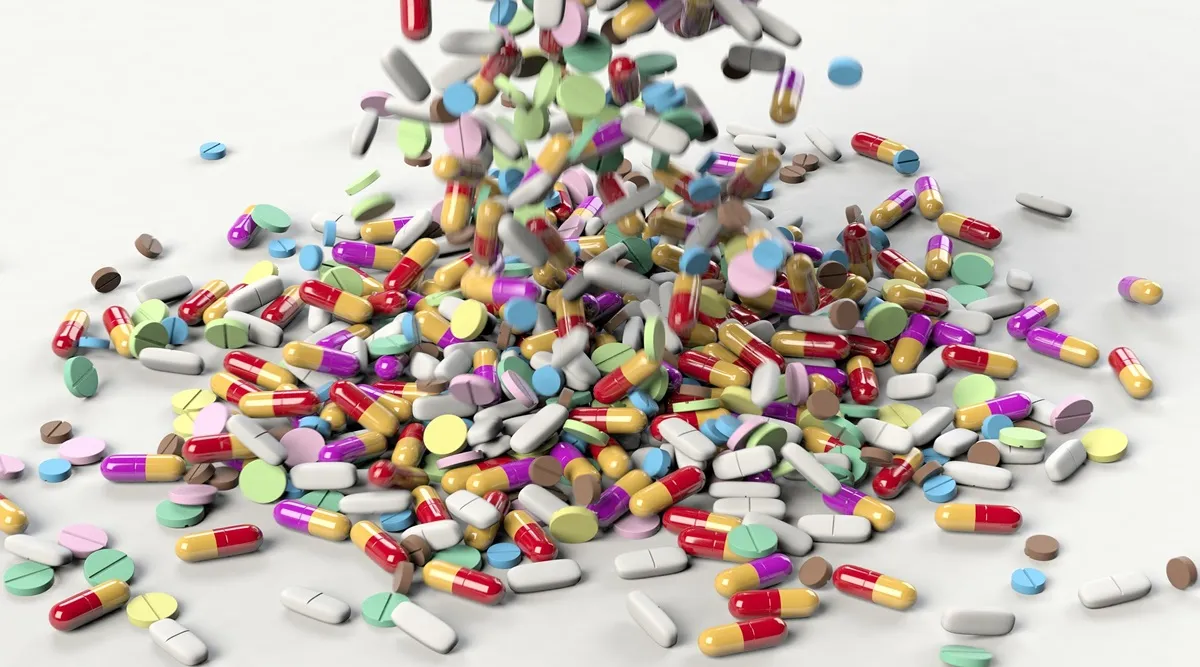Menopause Treatment: FDA Warns of Liver Injury Risk from Veozah

FDA Issues Warning on Veozah for Menopause-Related Hot Flashes
The U.S. Food and Drug Administration (FDA) has issued a warning regarding Veozah (fezolinetant), a treatment for hot flashes associated with menopause. While effective in reducing the frequency and intensity of symptoms, Veozah poses a risk of rare but serious liver injury. Patients should be vigilant and immediately discontinue use if signs of liver damage appear, such as fatigue, jaundice, or unusual abdominal swelling.
Understanding Veozah and Its Side Effects
Approved in May 2023, Veozah works as a neurokinin 3 (NK3) receptor antagonist, restoring hormonal balance to control body temperature. Regular monitoring is crucial, with liver function tests recommended before starting treatment and during the first three months.
Recommendations for Patients and Healthcare Professionals
- Patients should stop taking Veozah if they experience liver injury symptoms.
- Healthcare professionals must conduct monthly liver tests during the early months of treatment.
- Awareness of potential drug side effects is essential for ensuring patient safety.
This article was prepared using information from open sources in accordance with the principles of Ethical Policy. The editorial team is not responsible for absolute accuracy, as it relies on data from the sources referenced.